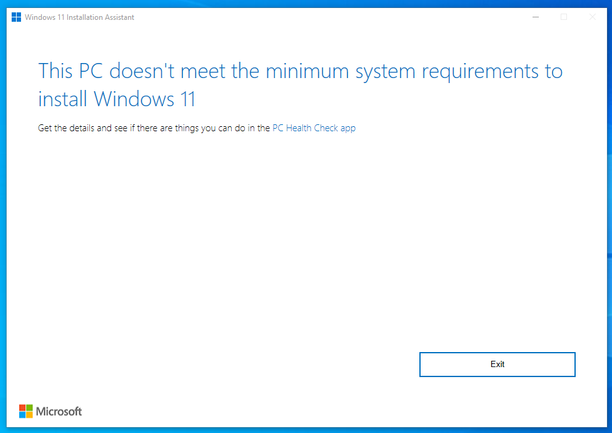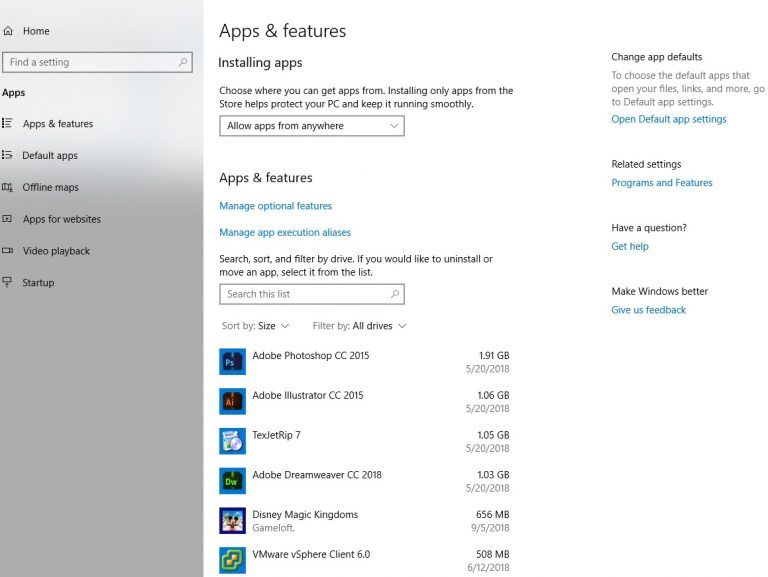
You know those unusual messages that attempt to deceive you into giving over your data? Turns out they work much better than you’d expect, as per another study from Google and the University of California, San Diego.
Findings:
Certain sites included in phishing messages effectively bait clients up to 45 percent of the time, as indicated by the study, which turned out on Thursday. Once on the fake pages – which have a tendency to copy true blue locales, in the same way as Google itself, in an exertion to get individuals’ private subtle elements – 14 percent of individuals unwittingly submit their data to programmers. Analysts said the rate of individuals who get deceived was “much higher” than they anticipated.
Google’s Approach to This Study:
To accumulate this information, Google and UCSD took a gander at 100 phishing messages selected of an arbitrary example self-reported via Gmail clients. The scientists likewise investigated an arbitrary example of 100 phishing sites found by Google’s Safe Browsing framework to further see how the tricks function. These sites were all made through Google Forms, which is the way scientists had the capacity get to the information.
The analysts were then ready to think back and perceive how individuals interfaced with the messages and sites. Indeed on the most exceedingly terrible performing phishing sites, 3 percent of clients still submitted their information. On the best phishing destinations, upwards of 45 percent did.
Google notes and compose up that this is huge business for tricksters, as one assailant can be in charge of a large number of phishing messages.
Reasons behind these Scams:
When a programmer has the capacity get to somebody’s record, they use a normal of three minutes evaluating the extent to which its value, and will obviously proceed onward if the record doesn’t appear significant enough. As indicated by the study, programmers utilize Gmail inquiry capacity to evaluate if a record is worth their time, searching for terms like “wire exchange” and “bank.”
What happens next likely won’t shock you: The programmer attempts to get cash from an account’s contact list. They send messages to the individual’s companions, family and partners with fake stories like “we were mugged the previous evening in a back road” in the trusts of getting them to send money.
Google’s Precaution:
Empower two-stage confirmation on your email record, and report any suspicious messages as opposed to reacting to them. Also in the event that you think your record has been bargained – perhaps on the grounds that you’ve belatedly understood that something appeared to be off about the site you went by, or on the grounds that a companion has gotten some information about the strange email they simply got from your location – you ought to fill in as fast as could be expected under the circumstances to recapture control.






